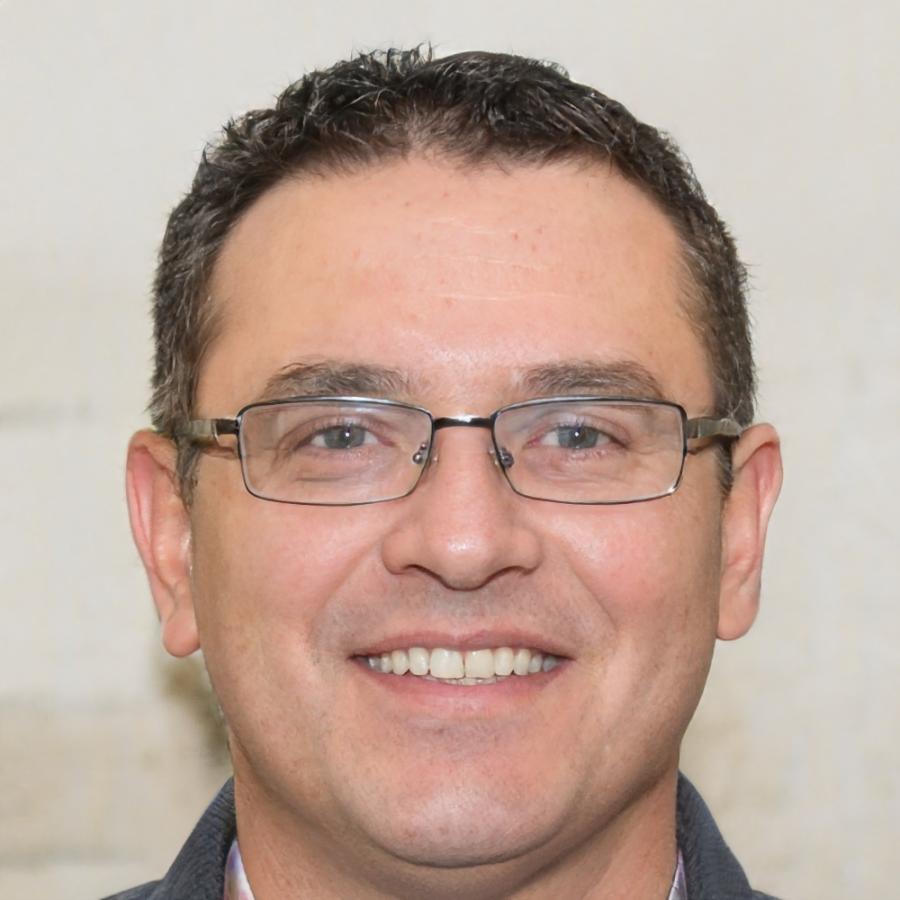Where Mental Wellness Meets Human Understanding
We started Tridomex Colvando because traditional approaches weren't helping the people who needed it most. What began as small group sessions in 2019 grew into something unexpected—a practice built on listening first, prescribing second. And sometimes not prescribing at all.
How We Got Here
This wasn't a calculated business decision. It started with conversations that lasted longer than scheduled appointments, with people who'd tried everything else, and with the realization that mental wellness can't be rushed.
The First Sessions
Started with twelve people in a community center. No formal structure, just weekly discussions about stress, sleep patterns, and why conventional advice wasn't working for them. Half the group worked night shifts. That detail mattered more than we realized.
Patterns Emerged
After working with over 200 individuals, we noticed something. People didn't need another meditation app or breathing exercise. They needed someone to understand why their specific situation made standard advice useless. Context became everything.
Formal Practice
Opened our Barnstädt location and brought on additional practitioners. We could finally offer longer-term support. Some participants stayed with us for eighteen months. Others found what they needed in six weeks. Both outcomes counted as success.
Evidence-Based Expansion
Developed specialized programs for shift workers, parents with young children, and people managing chronic pain. Each program took months to test. We're still adjusting them based on what participants tell us actually works in real life.
Our Approach Doesn't Fit Standard Models
Most practices tell you what works. We start by asking what hasn't. Because if you've already tried mindfulness apps, therapy, medication adjustments, and lifestyle changes—and you're still struggling—then clearly something's missing from the standard playbook.
We spend time understanding your actual daily routine. Not the ideal one you wish you had, but the messy reality of shift work, caring responsibilities, chronic illness, or whatever else makes textbook solutions impractical.
- Sessions that adapt to your energy levels, not fixed schedules
- Techniques tested with people in similar situations to yours
- Direct feedback about what's working and what needs adjustment
- Connections to other resources when needed, no ego involved

Who You'll Work With
Small team. Everyone here has worked in larger clinical settings before. We left for similar reasons—too little time with patients, too much focus on standardized protocols that didn't account for individual circumstances.

Hendrik Veltmann
Clinical Director & FounderSpent twelve years in hospital psychiatric units before starting this practice. Got tired of fifteen-minute consultations where I barely learned patients' names, let alone their actual challenges. Started the discussion groups that became Tridomex Colvando because I wanted to actually help people, not just process them through the system.
I still see patients in crisis at the regional hospital two days a month. It reminds me why this work matters, and it keeps me connected to the gaps in mainstream mental health services.
Areas of Focus
What We Believe
These aren't mission statement buzzwords. They're decisions we make every day when choosing how to support participants, even when it costs us time or revenue.
Your Timeline, Not Ours
Some people need weekly sessions for months. Others check in monthly after the initial intensive period. We've had participants return after two years for a single refresher session. Mental wellness doesn't follow a semester schedule or insurance approval period.
Honest About Limitations
We can't fix everything. When someone needs psychiatric medication management, specialized trauma therapy, or acute crisis intervention, we connect them with appropriate providers. Sometimes the most helpful thing we do is recognize what falls outside our scope.
Real-World Testing
Every technique we recommend has been used by actual participants in non-ideal conditions. If it only works when you have perfect circumstances, extra time, and low stress—it doesn't work. We test strategies in the messy reality of daily life before suggesting them.
Context Over Protocol
Standard sleep hygiene advice is useless if you work rotating shifts. Mindfulness practices need modification if you're managing chronic pain. We start with your actual constraints and build strategies that might actually fit into your real life.



